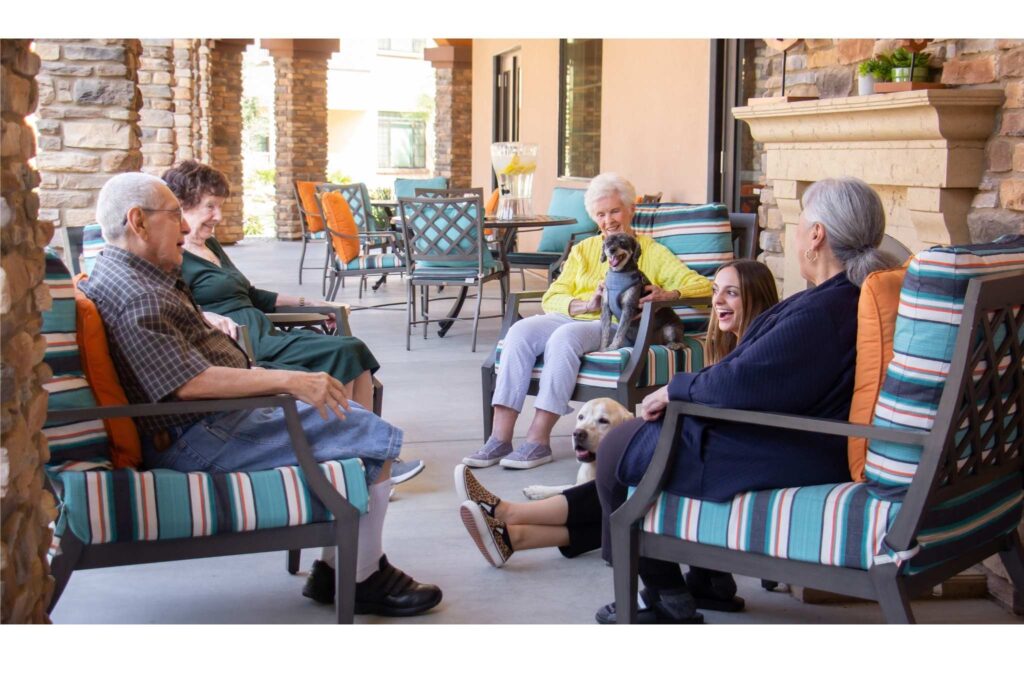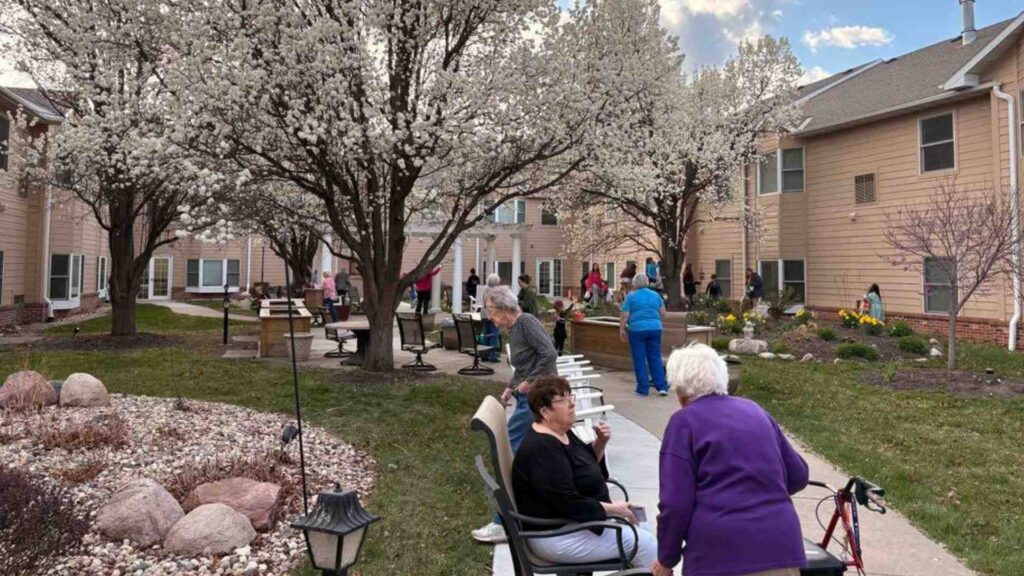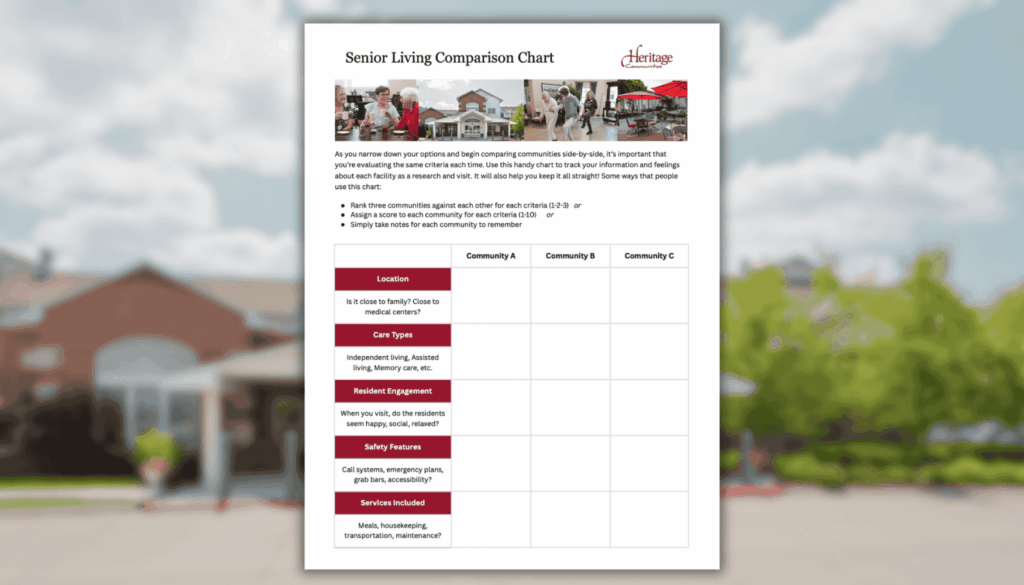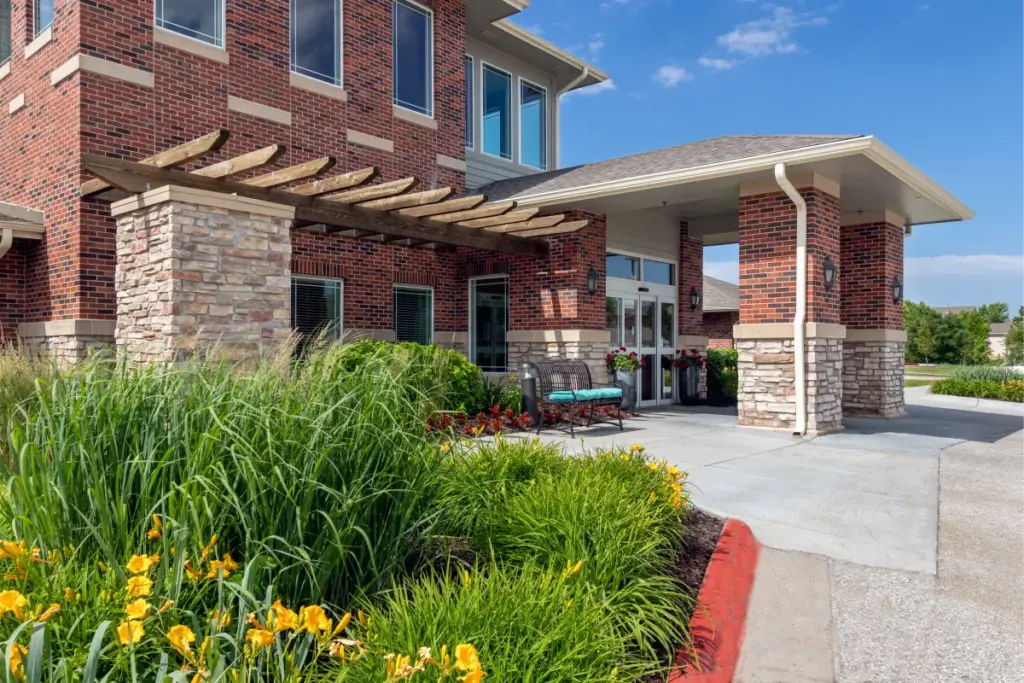The Hidden Impact of Isolation and Loneliness in Seniors
Isolation in seniors is dangerous to their well-being. Find out why your loved one is withdrawing, and how the right environment makes it easy to get the benefits of socializing.
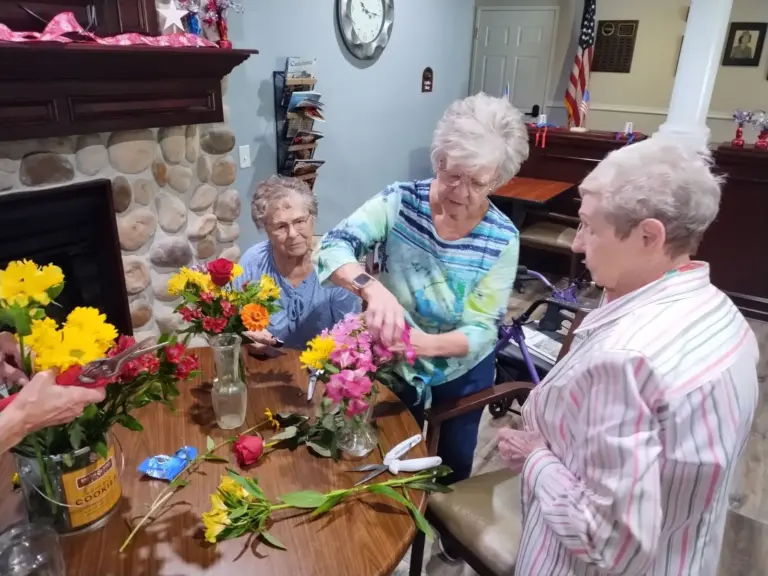
Loneliness and isolation aren’t just about feeling alone—they can seriously affect a senior’s emotional, mental, and physical health. U.S. Surgeon General Dr. Vivek Murthy has called it a public health crisis, emphasizing how social disconnection can be just as harmful as smoking or obesity.
Dr. Murthy stresses that our relationships are essential for overall well-being. When we prioritize social connections, we’re not just improving daily life—we’re supporting longer, healthier lives. Here’s what the Surgeon General had to say:
“Our epidemic of loneliness and isolation has been an underappreciated public health crisis that has harmed individual and societal health. Our relationships are a source of healing and well-being hiding in plain sight – one that can help us live healthier, more fulfilled, and more productive lives.”
“Given the significant health consequences of loneliness and isolation, we must prioritize building social connection the same way we have prioritized other critical public health issues such as tobacco, obesity, and substance use disorders. Together, we can build a country that’s healthier, more resilient, less lonely, and more connected.”
It’s clear that engaging and connecting with others is vital for older adults. One of the pillars of Dr. Murthy’s Advisory calls for “cultivating a culture of connection,” where people can come together and benefit from healthy connection. This is one area where the right living environment can play a significant role.
Why Some Seniors Withdraw
It’s common for older adults to step back from social activities. You might notice a loved one skipping family gatherings or avoiding community events. While occasional alone time is normal, ongoing withdrawal could signal deeper concerns like:
- Fear of falling due to mobility challenges
- Vision or hearing loss making socializing difficult
- Memory issues causing confusion in social settings
- Anxiety about driving, especially at night
- The loss of longtime friends or neighbors
These challenges can create a cycle of isolation, affecting overall well-being. Recognizing the signs and starting open conversations can make a difference. Consulting a healthcare professional may also help address underlying issues.
The Serious Risks of Isolation in Seniors
Studies show that long-term isolation can lead to severe health risks, including:
- Increased risk of early death, comparable to smoking 15 cigarettes per day!
- As much as 27% higher chance of developing dementia
Social connections are more than just enjoyable… they’re vital for health and longevity.
Why is loneliness increasing?
According to the Census Bureau, people are spending less time with friends and more time alone, and this was true even before the pandemic in 2020. Researchers say it’s due to many factors; some have even tied the first spike in loneliness numbers to the arrival of the smartphone in 2014. But even a fun game on the phone doesn’t replace the significant health benefits of engagement and connection with others, especially with older adults.
When it comes to isolation in seniors, choosing a vibrant senior living community can make all the difference.
How Senior Living Communities Help
A senior living alone in a neighborhood where most friends have moved away can quickly become bored and depressed. There’s nothing to do except watch television or take a nap. It can feel like the world has passed them by.
Take that same senior and put them in a vibrant, inspiring senior living atmosphere filled with friends and fun, and they’re most likely going to enjoy life in a whole new way. Just knowing friends are nearby can give a previously lonely senior a new sense of purpose and a feeling of belonging.
A supportive environment can make all the difference. Senior living communities provide engaging, vibrant settings that promote physical and mental well-being. At Heritage Communities, we create meaningful connections through:
- Celebrations for holidays, birthdays, and special occasions
- Nutritious meals with shared conversation
- Close-knit friendships that foster companionship
- Group wellness and exercise programs
- Amenities designed for entertainment and learning
- Relaxing outdoor spaces for visits with loved ones
Whether your loved one is a private person, a social butterfly, or a little of both, at Heritage Communities, every resident can enjoy the comfort and privacy of their own apartment, as well as a bustling atmosphere filled with opportunities for healthy socializing. We’d love to tell you more.
The senior living experience you want. Download our free guide, Family Decision Toolkit. Or contact us today.


